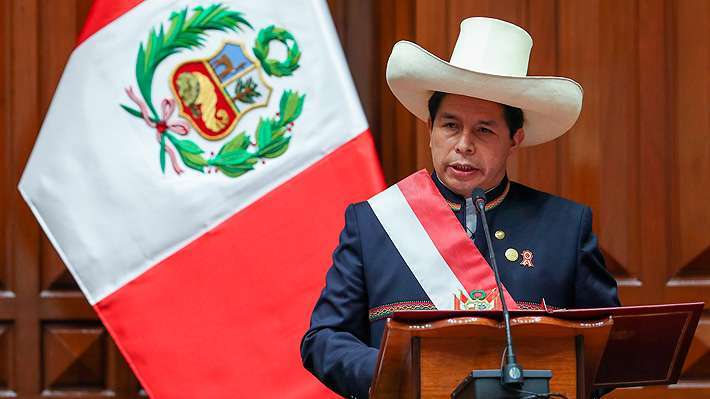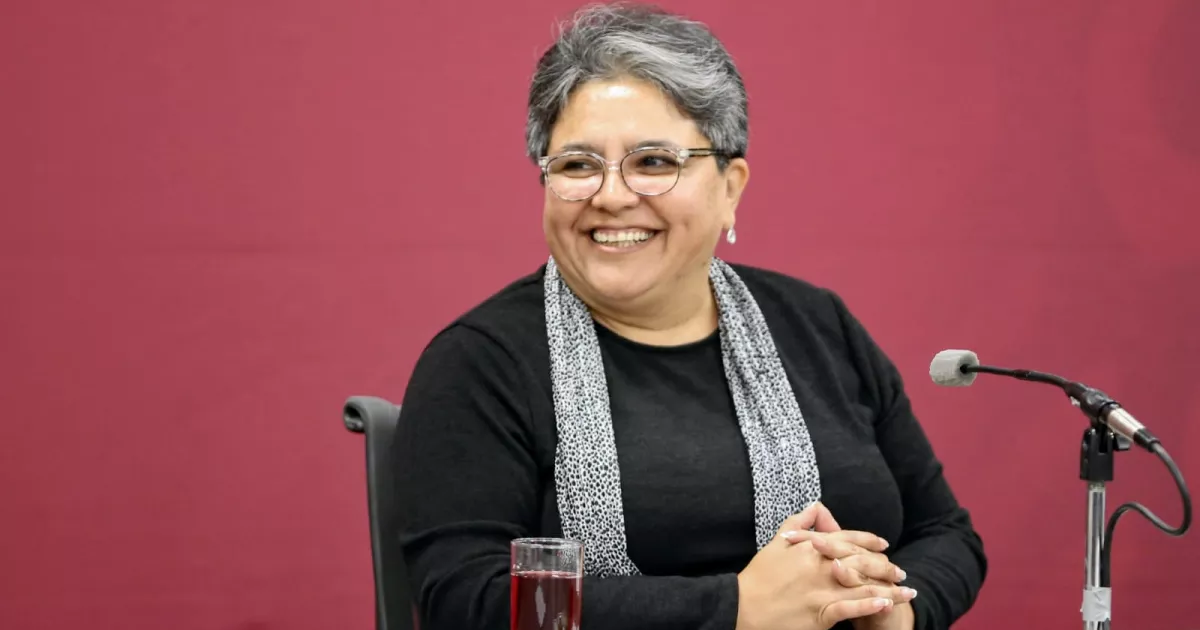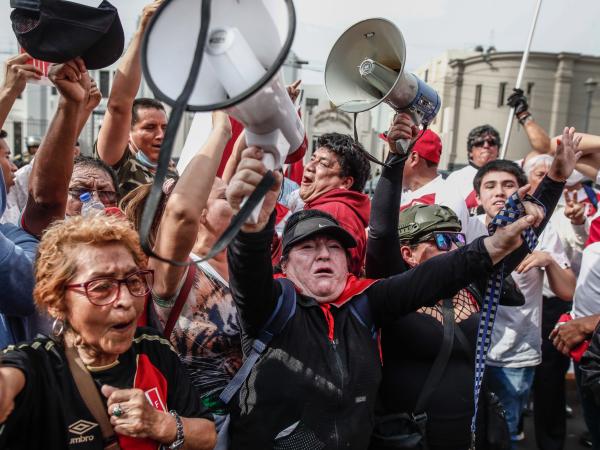Peruvian President Pedro Castillo announced Wednesday the dissolution of Congress and the installation of an emergency government.
In a television message, the president announced that elections were going to be called as soon as possible for a new Congress with constituent powers, and that this should prepare a new magna carta within a period of nine months.
The announcement came when Castillo was in the midst of a third impeachment attempt in a year and a half of his administration, driven by a Parliament ready to remove him from office for “permanent moral incapacity.”
But after the announcement, the Peruvian Congress ended up declaring the removal of the president for the same reason – that is, “permanent moral incapacity” – with 101 votes in favor, and decreed that Vice President Dina Boluarte be in charge of the executive, as established the Constitution.
According to reports, Castillo lost the support of several members of his government who resigned shortly after his announcement, including the head of the army, Walter Córdova, and four ministers, including Foreign Minister César Landa and Economy Minister Kurt Burneo.
The Joint Command of the Armed Forces and the National Police indicated in a statement: “any act contrary to the established constitutional order constitutes a violation of the Constitution and generates non-compliance by the Armed Forces and the National Police.”
For its part, the Ombudsman’s Office said in another statement that Peru was facing a constitutional breakdown “that has no other name than a coup d’état.”
The entity demanded Castillo’s resignation and make him available to justice for breach of the Constitution “by having arrogated the power that only belongs to the people.”
“Mr. Castillo must remember,” its members underlined, “that he was not only elected as president of the republic, but that the people also elected representatives for public office. Castillo’s acts ignore the will of the people and are void.
According to Peruvian media, Castillo later appeared before the prefecture of the Peruvian National Police (PNP), where he was taken into custody.
Among the first regional reactions to the Peruvian crisis was that of Mexican President Andrés Manuel Lopez Obrador (AMLO). “Non-intervention and self-determination of peoples is a fundamental principle of our foreign policy,” he said on his Facebook. “That’s what we stick to in the case of what happened in Peru.”
And he added: “However, we consider it unfortunate that for the interests of the economic and political elites, from the beginning of the legitimate presidency of Pedro Castillo, an environment of confrontation and hostility has been maintained against him until it led him to make decisions that have served him well.” to his adversaries to consummate his dismissal with the sui generis precept of ‘moral incapacity’.
“Hopefully human rights are respected and there is democratic stability for the benefit of the people,” he concluded.
At the end, a 60-year-old lawyer, Dina Boluarte, became the first woman to reach the presidency in more than two hundred years of the Peruvian republic. Bilingual in Spanish and Quechua, Boluarte was elected vice president on the same ticket that brought Castillo to power in 2021.
This is the sixth time that Peru has had a new president in less than five years. Boluarte will lead the government until the end of the presidential term in July 2026.






